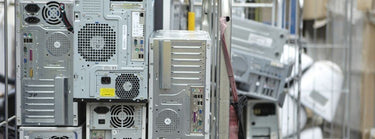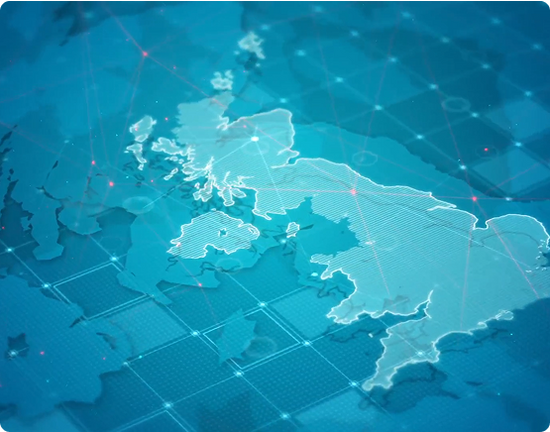Our WEEE recycling service turns your business’s old IT equipment into new products without compromising your security.
Shredall SDS Group works with a WEEE-approved partner to make sure that your confidential hard drives, media, and IT equipment are shredded and destroyed with confidence and not sent to landfill.
Since 1997 Shredall SDS Group has provided WEEE recycling for businesses. We work with a WEEE-approved partner to make sure that any recyclable electrical items we destroy are not sent to landfill.
In our years of experience within WEEE waste recycling the only way to protect your data is to completely destroy your unwanted hardware. The shredded equipment can then be recycled to reduce your environmental impact without fear of your data being compromised.
We specialise in recycling hard drives and WEEE products that contain sensitive data. Plus, we are one of the few WEEE recycling companies that has a target to recycle 100% of non-contaminated waste as part of our ISO 14001 Environmental Management Certification. Our commitment to recycling all electrical waste benefits your business as well - working with us will reduce your own environmental impact, which is something that consumers are increasingly looking for in businesses.
Looking for a job or career opportunity? Please visit our Careers Page









